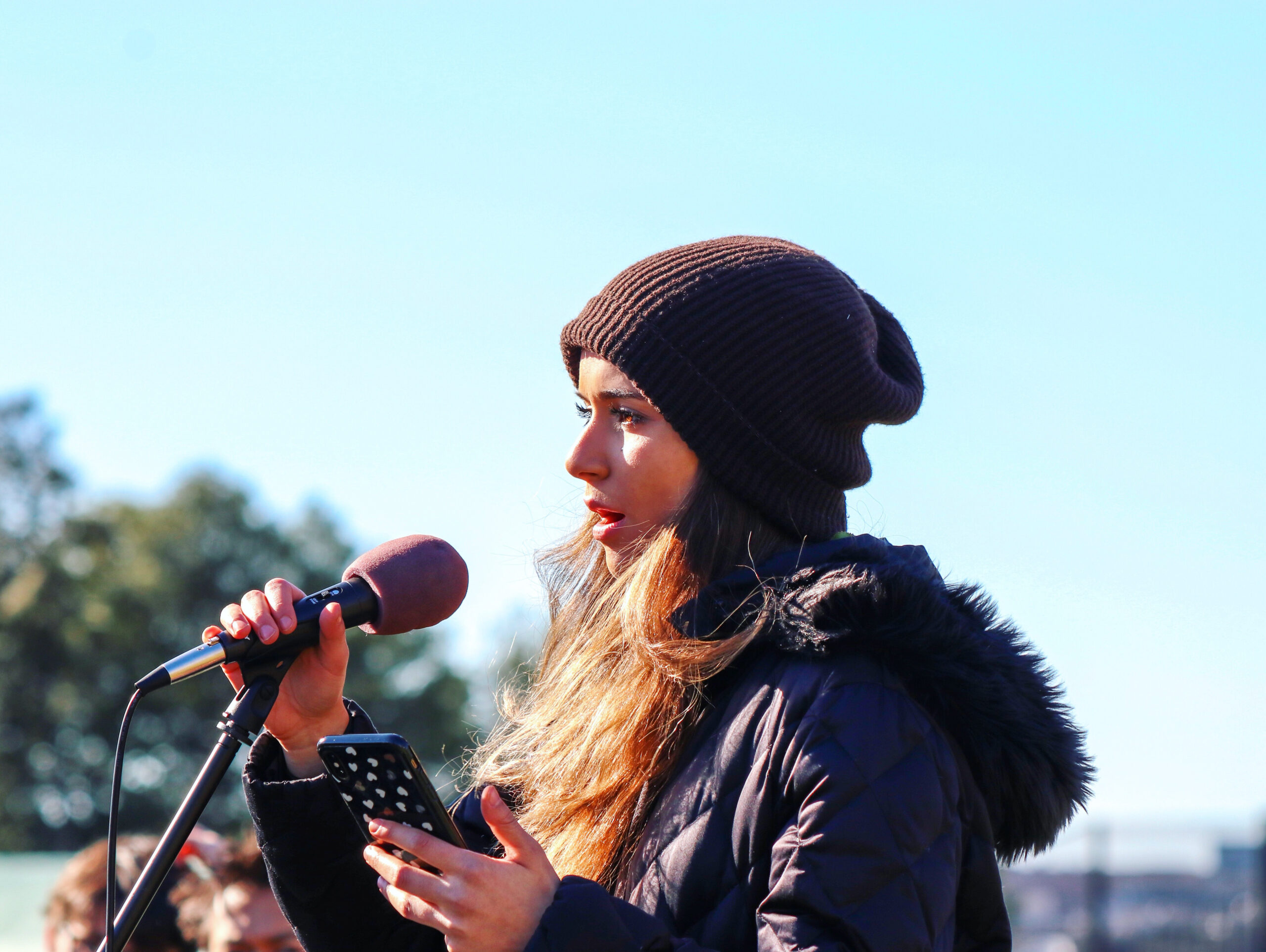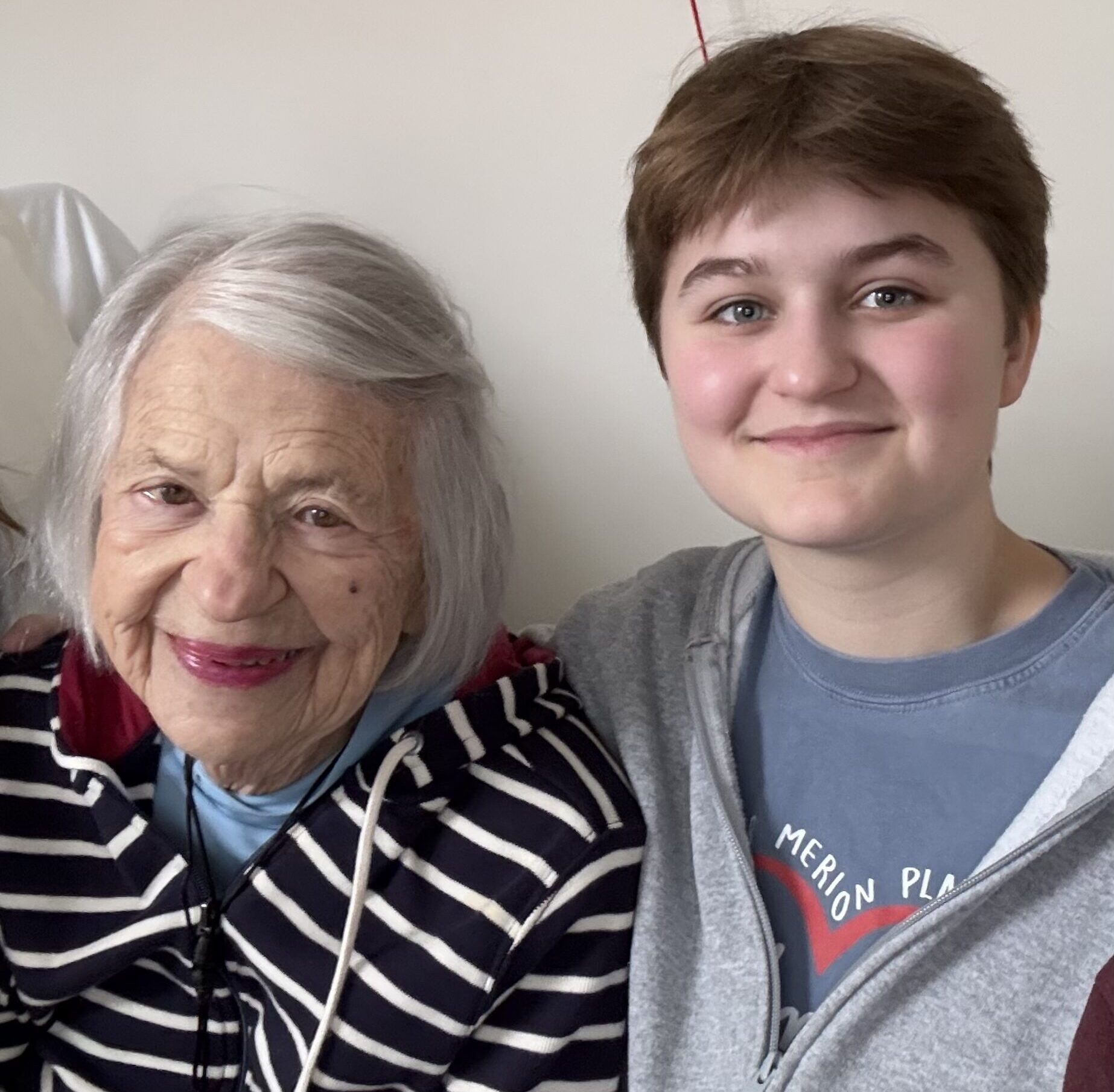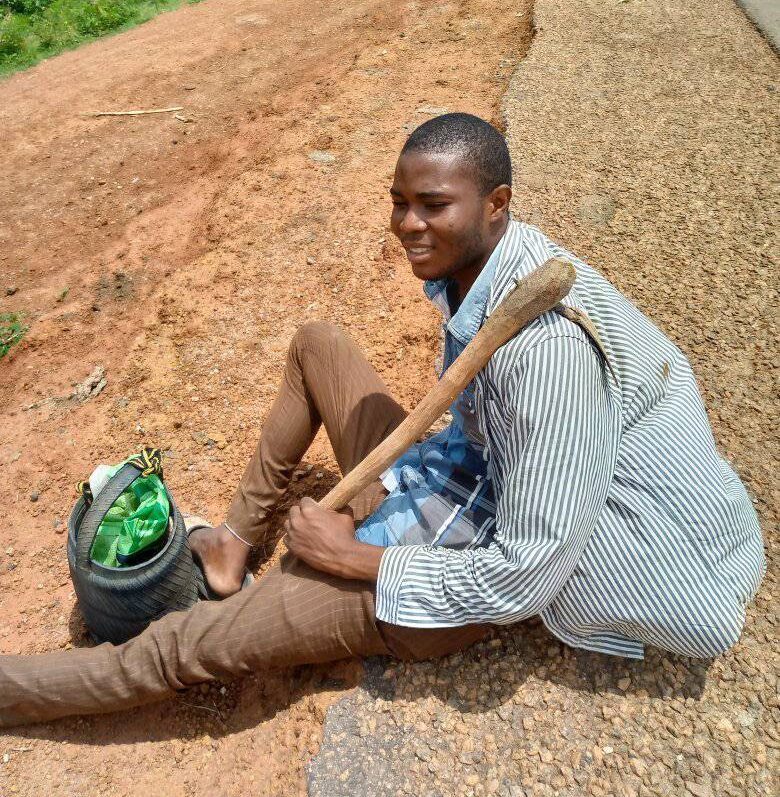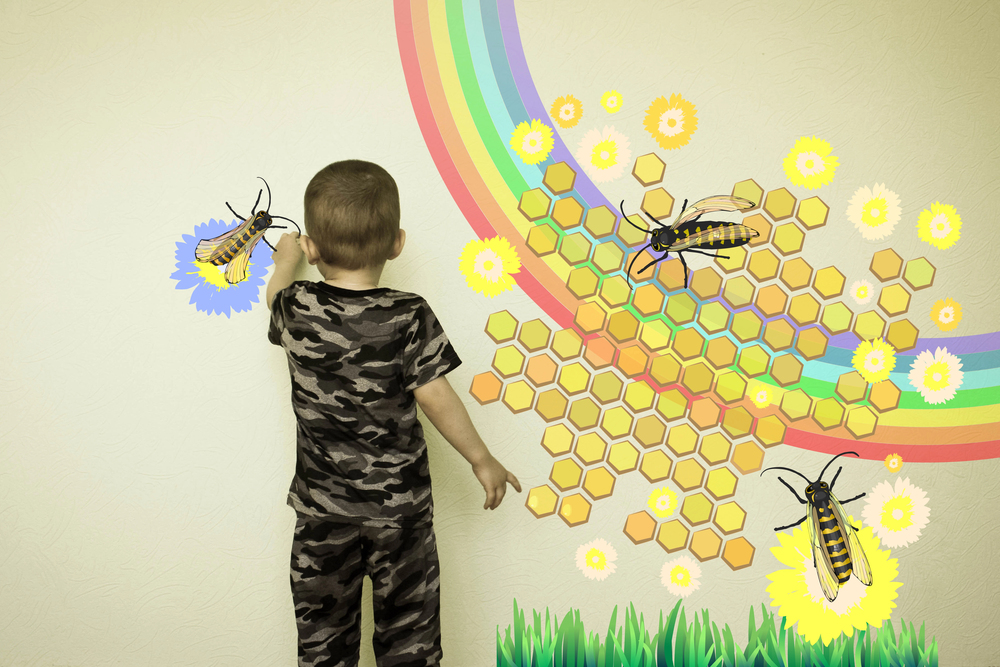In recent years, we have bore witness to wildfires, floods, and hurricanes devastating every corner of the globe; despite the global recognition of these disasters and a pressing need to decarbonize, however, the greenhouse gas emissions that exacerbate these disasters continue to steadily rise every year.
Climate change is an issue which affects every single person on the planet, but education on the topic is severely lacking. Only 61 percent of Americans are concerned about climate change; this problem is even worse in other nations, with only 26 percent of people living in the Middle East believing climate change is harming them. Although some blame the cultural background for these disparities, the lack of information in native languages is an often forgotten factor in why so few care about climate change. In 2012, researchers concluded that most scientific papers are published in English, and in 2016, a University of Cambridge study found that languages are still a significant barrier to the global transfer of scientific knowledge. Even the United Nations IPCC report, one of the most renowned pieces of climate research in the world, is only officially available in 6 languages.
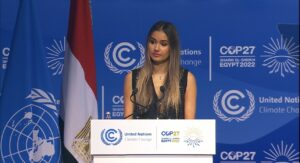
This lack of information is especially harmful when considering that of the 10 countries most vulnerable to climate change, none are a majority English-speaking. This makes the transparent communication of climate change information even more pressing; people who are being disproportionately affected must have access to necessary resources in order to learn about the disasters that are destroying their communities.
I realized firsthand the need for climate translation while on a trip to Iran in middle school, being shocked when I saw that the pollution in Iran was so bad I couldn’t see the stars at night. The more I read online about the climate in the Middle East, the more alarmed I became, particularly when I learned the fact that temperatures in the Middle East were rising more than twice the global average. When I brought up my concerns to my relatives, I was disheartened when they informed me that they knew nothing about climate change. My shock compounded when I read a study that found only 5% of Iranian university students could properly explain the greenhouse gas effect.
Determined to educate my Iranian family, I began to pore over climate research; however, I quickly realized that there was no information available in Farsi, their native language. I worked diligently with my mom to translate climate research to help them understand the severity of the climate crisis. I’d never been happier to see such horror on my relatives’ faces; translating the information had worked. After reading my translations, they changed a majority of their habits, reducing their use of cars and shopping more sustainably.
Inspired by the success I had in Iran and determined to further my impact, I decided to start Climate Cardinals, an international youth-led nonprofit working to make climate information more accessible to those who don’t speak English. We incentivize students to translate climate information in exchange for community service hours. On the first day Climate Cardinals officially launched, we had over 1,100 people sign up to volunteer with us. Just a few short years later, we have grown to over 9,000 volunteers in 41 countries who have translated over 1,000,000 words of climate information.
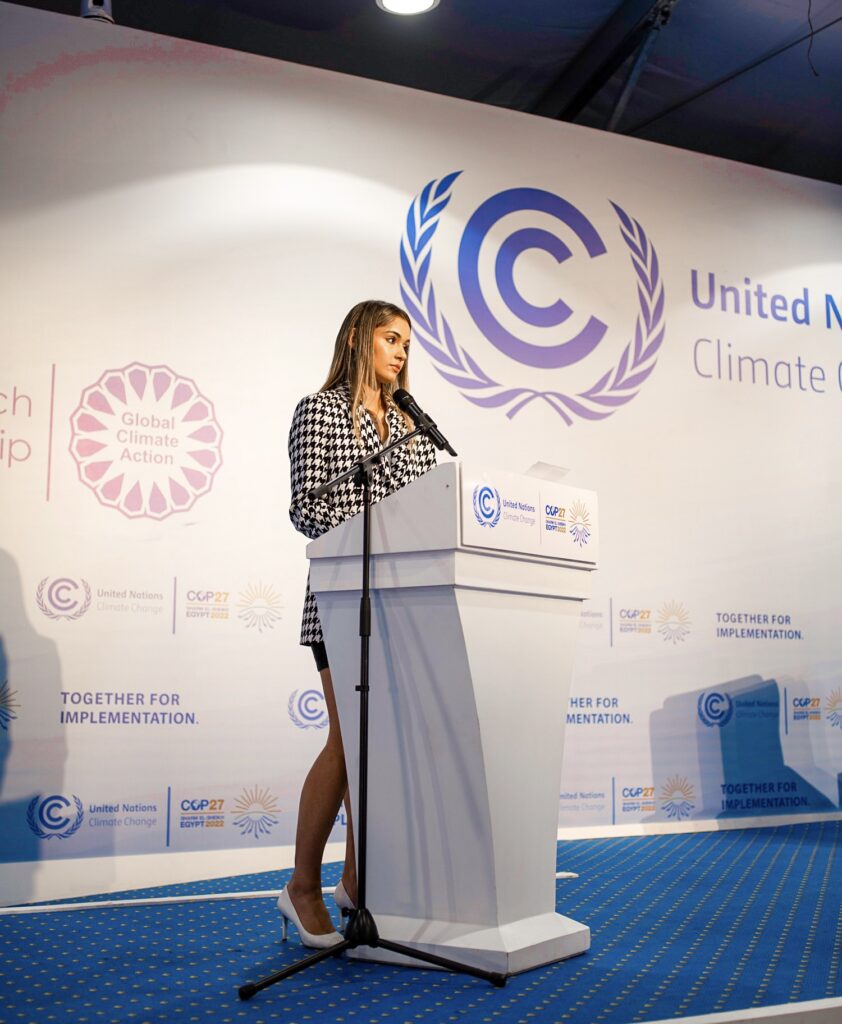
Through my work, I have seen that every single person has the power to further climate action. It is critical for us to talk to our friends and family about climate change, especially when considering that in 2015, over 40% of the adults in the world had never heard of climate change.
People want to help, but there needs to be an effective system for them to do so: Climate Cardinals aims to provide that. By working together, we can ensure that every person, regardless of the language they speak, can learn about the climate crisis before it’s too late.










